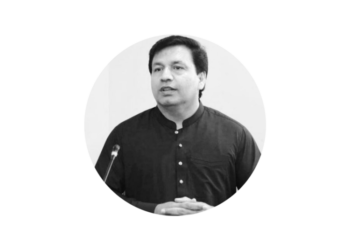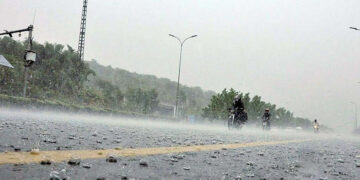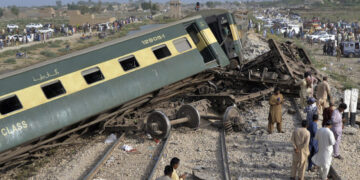![]() Follow Us on Google News
Follow Us on Google News
The middle class in Pakistan, often considered the backbone of the economy, is confronted with various challenges that impact their daily lives and prospects. These challenges underscore the need for targeted policies and interventions to alleviate the struggles of this crucial socioeconomic segment.
One of the prominent issues facing the middle class in Pakistan is the rising inflation rate. In recent years, the cost of essential commodities such as food, fuel, and housing has escalated, outpacing the growth of incomes for many middle-class families. This inflationary pressure erodes the purchasing power of the middle class, making it difficult for them to maintain a decent standard of living.
Unemployment and underemployment are also pervasive problems for the middle class. Despite possessing education and skills, many individuals find it challenging to secure stable and well-paying employment opportunities. The lack of job security and limited growth prospects contribute to economic anxiety among the middle class, hindering their ability to plan for the future and invest in education or housing.
Another pressing concern is the inadequate healthcare infrastructure. Middle-class families often struggle to access affordable and quality healthcare services, forcing them to choose between meeting medical expenses and other essential needs. This lack of accessible healthcare puts a significant burden on the middle class, affecting their overall well-being.
Education is yet another area where the middle class faces challenges. While there have been improvements in educational infrastructure, affordability remains a key issue. The rising costs of tuition, books, and other educational expenses limit access to quality education for many middle-class students. This impedes social mobility and perpetuates inequality.
Furthermore, the middle class grapples with inconsistent public services, including unreliable utilities and inadequate public transportation. These deficiencies not only impact daily life but also add to the financial burden of middle-class households, who often have to resort to private alternatives at higher costs.
The problems faced by the middle class in Pakistan are multifaceted and interconnected. Addressing these challenges requires comprehensive policies that focus on inflation control, job creation, healthcare accessibility, education affordability, and improvements in public services. Empowering the middle class is essential not only for their well-being but also for fostering a more equitable and sustainable economic future for the country.






























